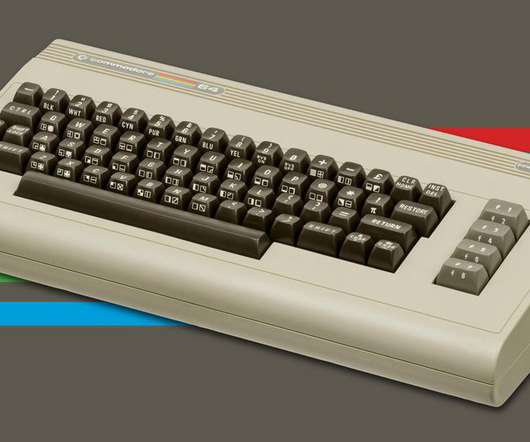200 Years Ago, Faraday Invented the Electric Motor
Cars That Think
AUGUST 27, 2021
Born in 1791, he received only a barebones education at church school in his village of Newington, Surrey (now part of South London). But when Phillips asked Faraday to write the review article for the. For a good summary of Faraday's article, see Aaron D. Faraday, Maxwell, and the Electromagnetic Field.












Let's personalize your content